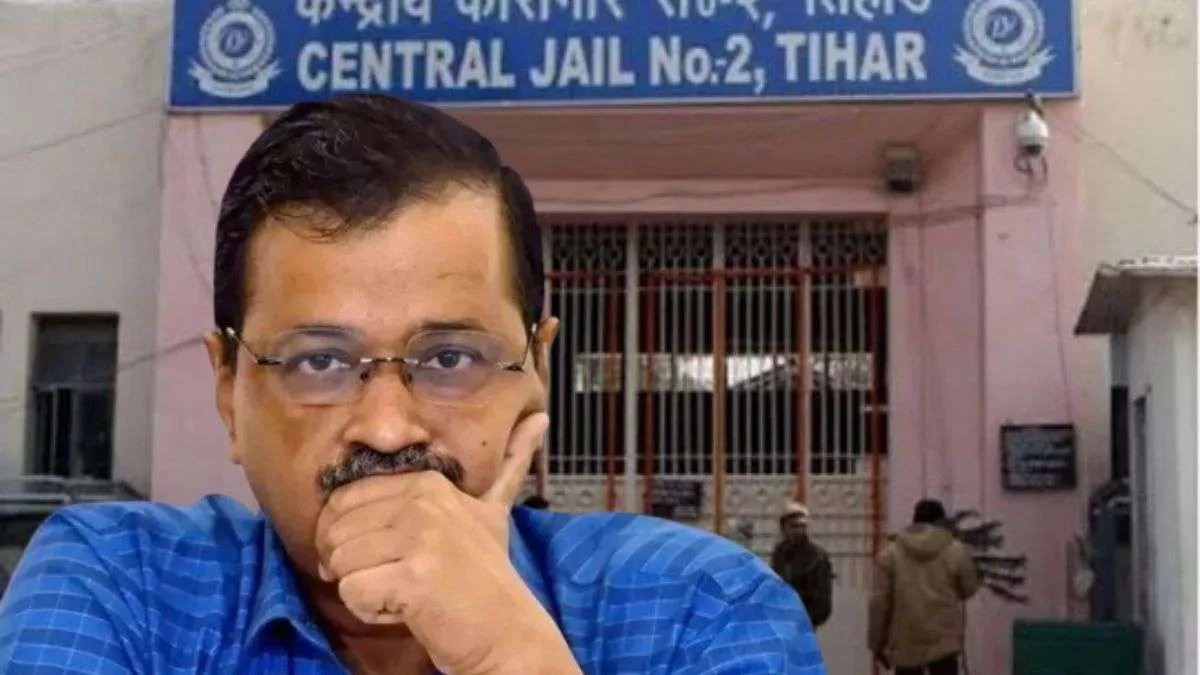A Delhi Court on Tuesday extended Delhi Chief Minister Arvind Kejriwal's judicial custody till June 19 in connection with money laundering case linked to the liquor policy scam. The order was passed special judge Kaveri Baweja of Rouse Avenue Court on the expiry of Kejriwal's judicial custody in the case. Notably, the Aam Aam Aadmi (AAP) chief is currenlt lodged in Tihar jail.
The court also dismissed the interim bail plea moved by the Aam Aadmi Party chief seeking 7 days bail cited medical reasons, in Excise Policy money laundering case. Meanwhile, the court has directed the concerned authorities to conduct of required medical tests.
Earlier on Sunday, surrendered at the Tihar jail after his interim bail term was over. He was granted the relief by the Supreme Court for campaigning in the Lok Sabha elections. Before surrendering, Kejriwal paid homage to Mahatma Gandhi at the Raj Ghat, offered prayers at the Hanuman temple in Connaught Place and addressed AAP leaders and workers at the party office.
Kejriwal sought extension of interim bail
Kejriwal had earlier moved the Supreme Court for an extension of interim bail. Last week, the Supreme Court rejected his plea, stating that since he was given liberty to move trial court for regular bail, the plea here is not maintainable. Kejriwal was granted interim bail from Justices Sanjiv Khanna and Dipankar Datta on May 10 and was asked to surrender to Tihar jail on June 2. On May 17, the bench reserved a verdict on his challenge to the validity of his arrest by the ED in the Excise Policy money laundering case. The Supreme Court further clarified that since order is already reserved on challenge to arrest, Kejriwal's plea for extension of interim bail has no relation to the main petition.
Delhi excise policy scam case
The matter relates to alleged corruption and money laundering in the formulation and execution of the Delhi government's now-scrapped excise policy for 2021-22. It is alleged that the Delhi government's excise policy for 2021-22 to grant licences to liquor traders allowed cartelisation and favoured certain dealers who had allegedly paid bribes for it, a charge repeatedly refuted by the AAP. The policy was subsequently scrapped and Delhi Lt Governor VK Saxena recommended a Central Bureau of Investigation probe, following which the ED registered a case under the Prevention of Money Laundering Act (PMLA).

